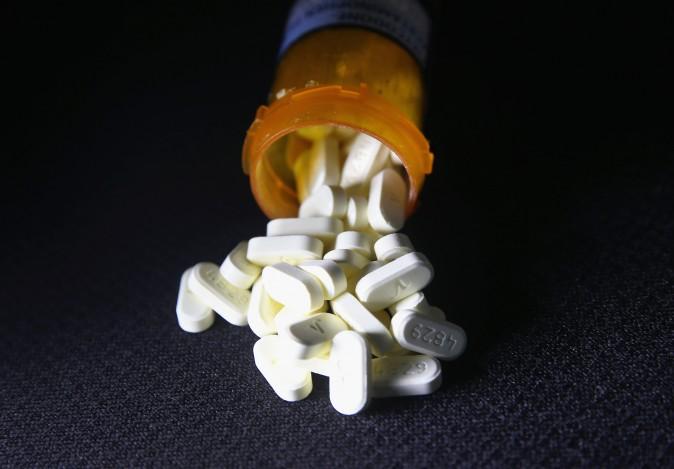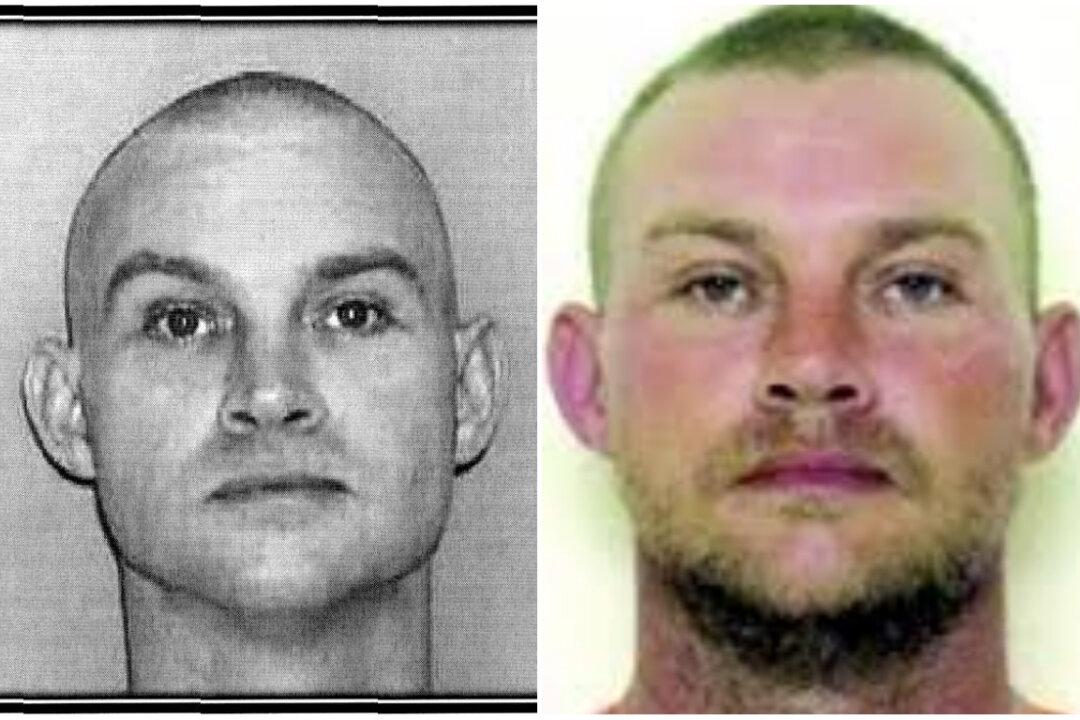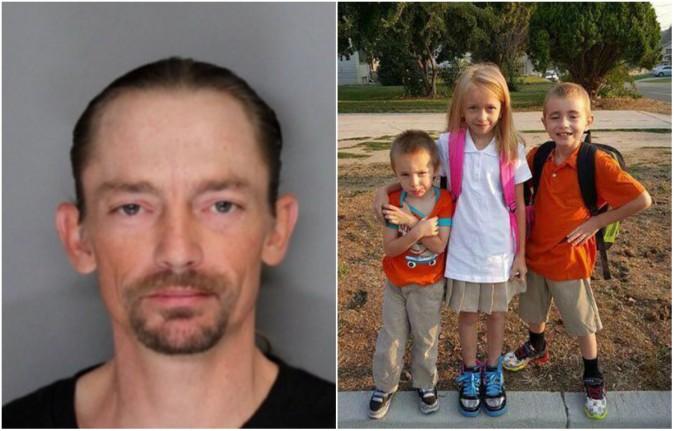On May 11 and 12, a stack of bills passed through the House in overwhelming fashion. The 18 bills take aim at the United States’ ever-growing epidemic of opioid abuse—mainly through prescription pills and/or heroin.
Focused on battling addiction, providing treatment, and teaching prevention, the bills laid out plans and legislation, but not funding.
“It’s a very important start, but we need dollars, we need statutory changes and we need sustained focus and attention,” said Robert Morrison, executive director of the National Association of State Alcohol and Drug Abuse Directors, who, along with other democrats, feels this first step was “modest” and needs to see monetary pushes.
Republicans voted against a Democrat move to allocate $600 million to the bill, in order to separate the legislation for funding. But that means the legislation to actually provide funds will not take effect until the 2017 fiscal year.
The executive director of the National Association of Addiction Treatment Providers, Marvin Ventrell, said the legislation providings are inadequate but a step in the right direction—stating the bills were “major in terms of message” and are the first indications in years that Congress was addressing the issue.
In 2014, almost 29,000 people died from overdoses—either to heroin or painkillers—which is triple the amount of overdoses than in 2000, according to the latest government figures.
The Centers for Disease Control and Prevention says 44 people die from an overdose every day in the United States—taking the lead for accidental deaths in America over car accidents.
In March, the Senate voted 94 to 1, to pass the Comprehensive Addiction and Recovery Act. It authorized the attorney general to provide grants to state and local governments, as well as non-profit groups for programs to: monitor, and improve the treatment for, addicts, and educating law enforcement, according to USA Today.




